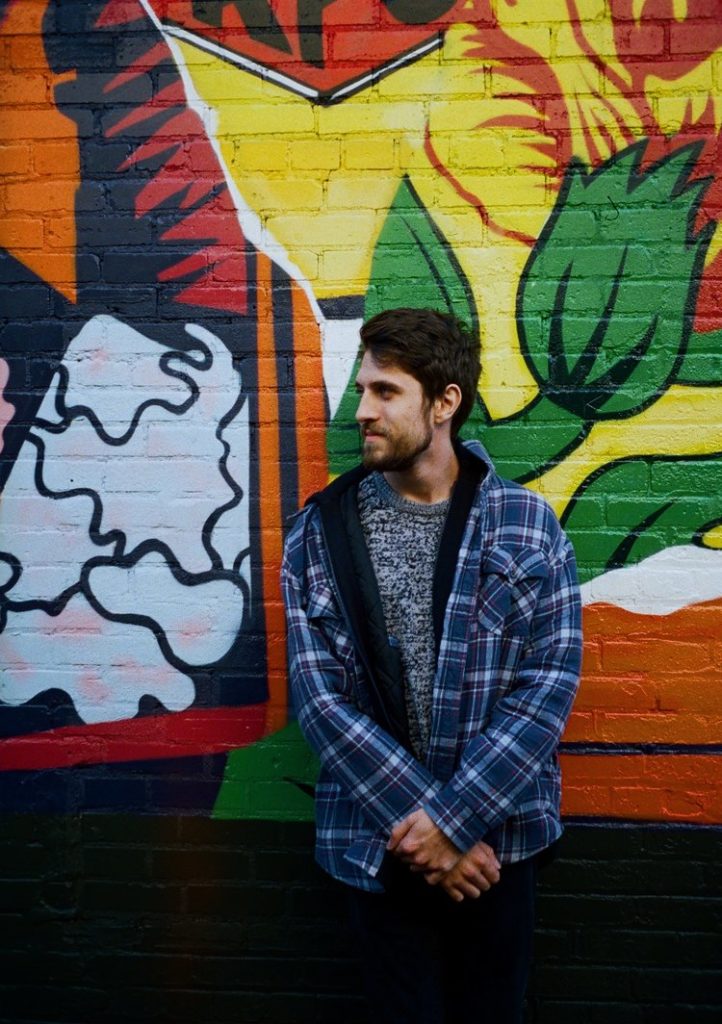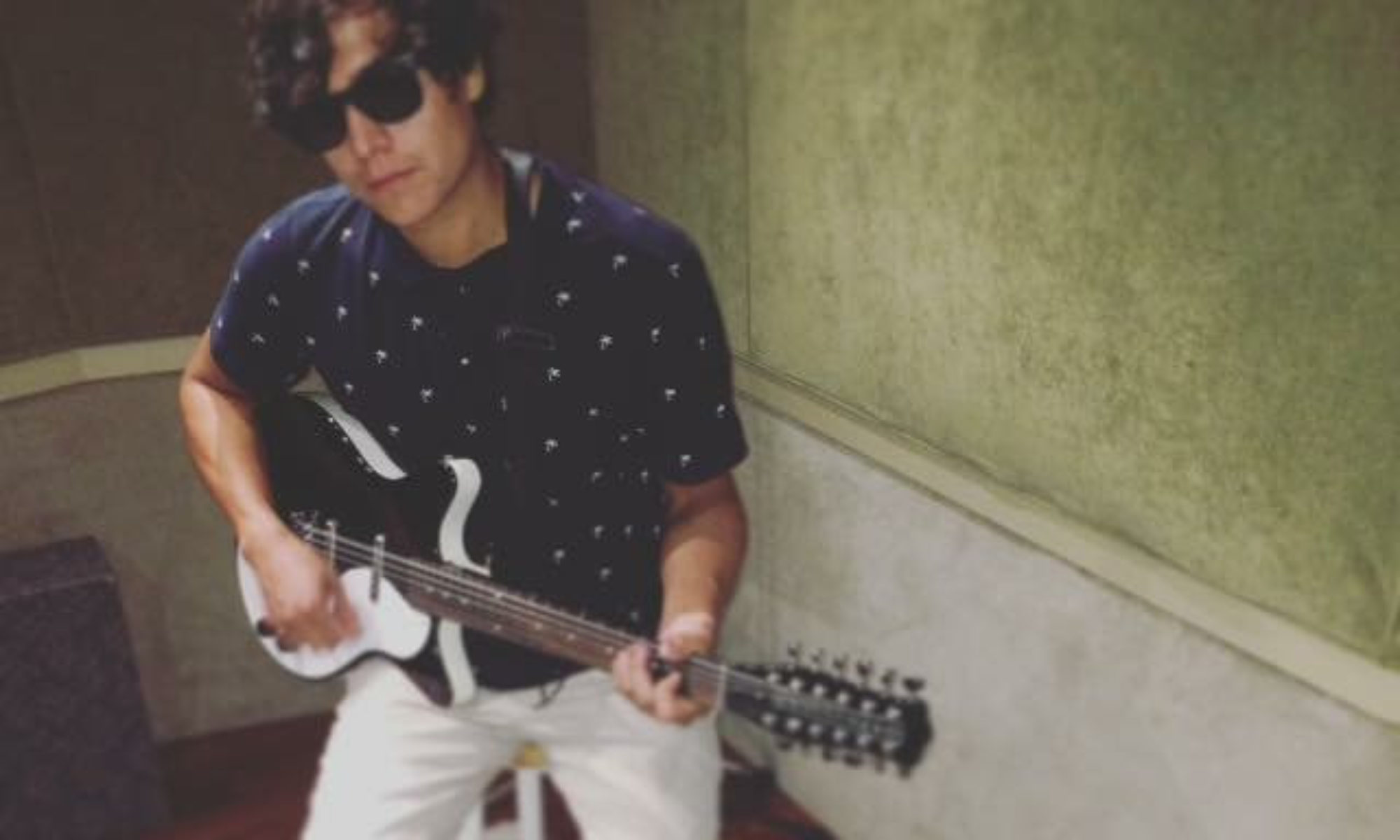
by Olivier LaRoche
Stylus had the chance to sit down with Nic Dyson, singer-songwriter from rural Manitoba, to ask him some questions about his experience writing music and with the local scene.
Stylus: How would you generally describe the style or genre of your music?
Nic Dyson: My friends call it acoustic sad. It’s very finger-style based and lyrically very cathartic, therapeutic, confessional lyrics stemming from my experience pretty much exclusively. I’m not one of those artists that writes fictional stories, I’m very personal when I write.
S: How would you describe your songwriting process? Do you start with lyrics, music, or do you have a different formula?
ND: I think for myself, it really depends. I don’t do one way exclusively. It’s more whatever comes first, but a majority of the time I think the music comes first, just because the music kind of informs where the lyrics are gonna go. If I write something on the guitar that’s upbeat, I’m not typically gonna write something that’s soul-crushingly sad, you know? Sometimes I’ll have a line or a lyric that’s floating in my head for however long, and so I’ll try that over top of a bunch of different progressions, then eventually one will stick. You can do that too, but on the whole I think most of the time music first, lyrics second.
S: Between music and lyrics, which one do you think better conveys emotion?
ND: Oooh, that is a good question. For me personally, it would be lyrics, just because that’s always what I’ve gravitated towards. When I was a kid, when I bought a new album I would always sit down, take the lyric book out, and read along to the lyrics while I listened to it for the first time. It’s one of my favourite pastimes. I still do it. There are always exceptions, because there are songs I will listen to purely for the instrumental or a melody.
S: Is there a particular artist or album that you think shaped your sound?
ND: The first thing that comes to mind is City and Colour. He was kind of my catalyst, because before him, I just played guitar. I didn’t write or sing. When I switched from electric to acoustic and more finger-style, it was because of City and Colour, because I was learning all his songs. He is definitely the number one answer. Other than that, I’d say Neil Young, which is one of the things that I grew up on. I love heavy music, I love hardcore music, and I don’t know how it happens but I definitely get influenced by that music and it shows itself in weird ways in my acoustic music.
S: Is there anything in particular you like most about the scene here in Manitoba?
ND: I think we are so fortunate for the scene that we have, not just in terms of talent, but in terms of the support system behind the scene. Manitoba Music does so much for us, and we have all the little venues around the city that support local music. I think the community is so amazing, you go to any show and you’ll run into someone that you’ve seen before a million times. You’ll always see somebody. I constantly go to shows alone, because I’m confident I’ll run into someone I know and hang out with them for the show. The whole atmosphere is so safe, so welcoming to me. As someone who has a disability and has always felt on the outside of every group they’ve ever been in, I was really welcomed in for the sheer fact that I wanted to play music and show people. I don’t think that is something we should take for granted.
S: Which of your projects did you enjoy working on and writing the most?
ND: So, my first three main releases I did with my dad in my basement. It’s a father and son project, right, so that’s incredibly special to me. In terms of sheer enjoyment, probably my first release, just because I felt like I had something to prove but no one knew what to expect. That’s really freeing creatively because I can release anything I want and whatever I come out with first is the bar that I set. That was very exciting for me because all I really wanted at that time was for people to hear what I had, and all they wanted to do was hear what I had to say. Hearing yourself recorded for the first time is something you never forget. After I had that out, I started to have expectations for people listening but also expectations for myself. I had expectations to rise above what I did before, and that’s gotten in my way a few times. Having the local scene and having my friends embrace it all in such a positive way was so freeing to me on so many levels.

